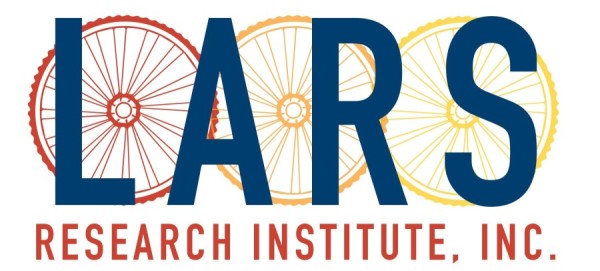Survey Methodology
LARS provides a full line of survey methodology consultation services. In the past, our company has engaged in production of several regional and high profile national surveys. We work with clients from the ground up, developing survey items using focus groups and key informant interviews, collect pilot data, engage foreign language translations using tried and true methods (back translation), produce survey materials, and collect survey responses using various methodologies including Smartphones, web-based, paper-and-pencil, Tablets, telephone interview (RDD), and semi-structured as well as ACASI interview methods. Our survey expertise is quite extensive including working with many special populations using both qualitative and quantitative techniques to develop and field test surveys. We also engage in translation of survey materials including ensuring that survey content is both developmentally and culturally sound.
We often begin by assisting clients with literature reviews, using this information to develop substantive knowledge that fuels development of reliable and valid survey items, field test surveys using cognitive pre-testing methods including focus groups, key stakeholder interviews, and more extensive field trials to produce psychometric and statistical analyses of survey responses. We use state-of-the-art methods for data analysis including exploratory structural equation modeling, confirmatory factor analysis, and item-response theory.
Our past efforts have included production of the National Survey of Parents and Youth (NSPY) developed for the 2nd Outcome Evaluation of the National Youth Anti-Drug Media Campaign (NYADMC). On this project we worked side-by-side with Westat, Inc. producing the survey content and conducting cognitive pre-testing. We also developed and field tested a national web-based survey of drug diversion policy among middle and high school administrators (SecuRx). We analyzed data from a large national survey of genetics education in high school, which included tracking changes in performance scores from students who were exposed to a novel science-based educational program.
We have also designed a regional survey for Kern County, CA to assess mental health funding priorities, developed a survey of perceived structural, cultural, and personal barriers to mental health treatment and counseling targeting Inland Empire Hispanic youth (University of Redlands), constructed a health survey for middle school youth (University of Southern California), and separately surveys of sports performance, fitness, and motivation for athletes and a survey of young adult educational aspirations, both conducted for the University of Nevada, Las Vegas. We developed a longitudinal follow-up survey of psychosocial functioning among young adults for Weill Medical College of Cornell University, New York. Other examples of our work include a survey of adolescent peer conformity, adolescent temperament, young adult functioning, how therapists deal with death and dying, motivations for why adopted children search for their biological parents, and other surveys related to counseling and mental health.
